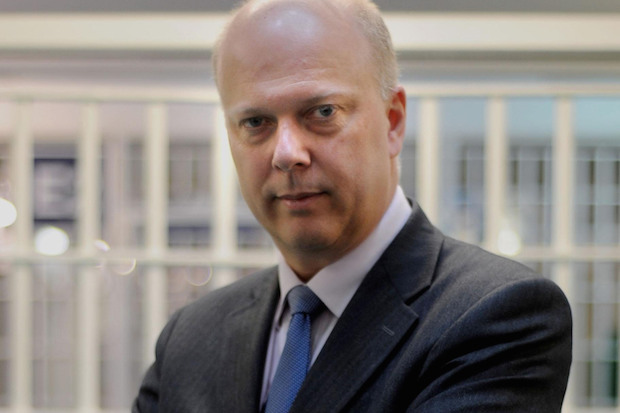MPs are getting very worked up in this afternoon’s emergency debate on English Votes for English Laws. Depending on which party they’re in, of course, they’re getting worked up about slightly different things. Labour have stick to arguing about the procedure, which is what the debate is supposed to be on, saying that the measure is far to big to be put through using standing orders. The SNP’s objection is primarily that this makes Scottish MPs second class, and secondly that the Tories are trying to create an English parliament in two weeks when they should, as Pete Wishart put it ‘do the work’ in the same way as the Scots did in setting up their parliament. The Lib Dems also want a proper debate on the measures, which they don’t like, and Ian Paisley Jr warned that what was being done could provoke a serious crisis, drawing parallels with the genesis of the problems in Northern Ireland.
But there are Tories who are unhappy, too. Though most have been supportive, there is a significant contingent of backbenchers who are not happy with the arrangements currently. Peter Bone and Edward Leigh have both raised concerns about the amount of time there is to debate the changes, with Bone saying MPs should be able to discuss it throughout the night, and that this should be enshrined in primary legislation so that another government didn’t simply suspend standing orders at the start of a sitting in order to get its majority anyway.
Chris Grayling told the Chamber that the advice the government received was that standing orders was the way this change should be done, but that he was happy to look again at this when the government reviews how well the new arrangements are working next year. From conversations with those in a rebellious state of mind, it seems that next year is a little too long for them to wait to cause trouble.
Why are the MPs grouching when this proposal would increase the size of their majority in the House on English-only matters so that it is whopping, not wafer-thin?
One theory is that while a whopping majority would be pretty handy for Number 10, it’s not very useful for any backbench MP who wants to be influential and a little bit dangerous. A nice big cushioning of colleagues who will troop through the lobbies to support a measure is not particularly handy if you wanted to hold out and cause some trouble for a bit in exchange for various concessions from your beleaguered party leadership. So while you might agree with EVEL in principle, you can also see that it will diminish your power.
Currently, though, whatever the reason for objecting to the way the proposals are being introduced, those Tory backbenchers like Bone and co are currently very influential indeed. And so are other parties, any parties, which might support the measure so that whips can be confident of its success. Which is why the Tories are now casting around for support from other parties.
Update, 4.05pm: The government abstained on the motion laid by Carmichael, which was ‘That this House has considered the means by which the Government seeks to deliver the objectives outlined by the Leader of the House in his Statement on English Votes on English Laws’. The result was 2 Ayes and 291 Noes. But as a motion, it doesn’t mean anything.
David Davis then raised a point of order in which he too said there hadn’t been enough time for debate and asked the Speaker for advice on ‘how we communicate that to the government?’. As a statement, that does mean something, more in fact than the motion. That’ll go down well with Number 10: and shows that anyone who thought governing with a majority of just 12 was going to be easy simply because the Tories had pulled off an election win was suffering from severe hubris.
Listen to Davis’s point of order:







Comments